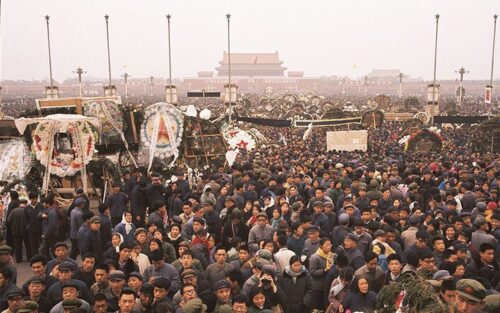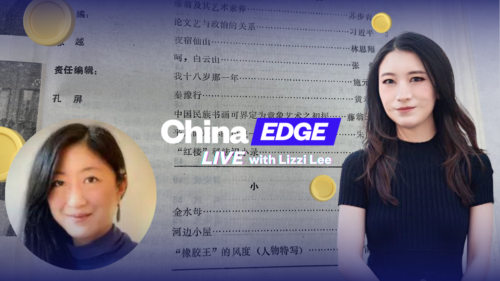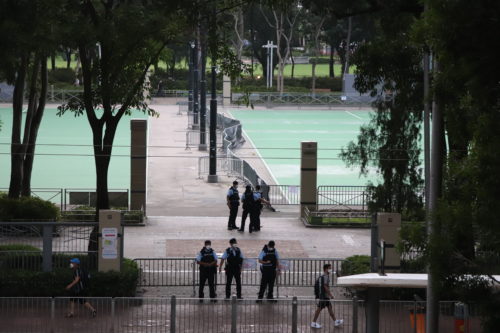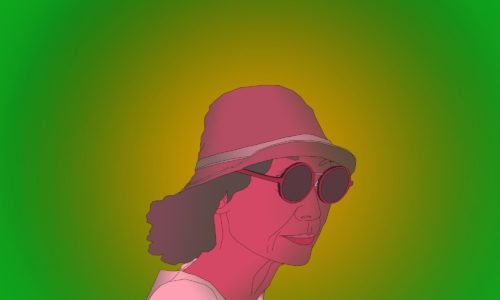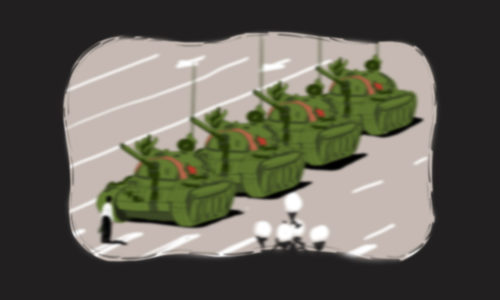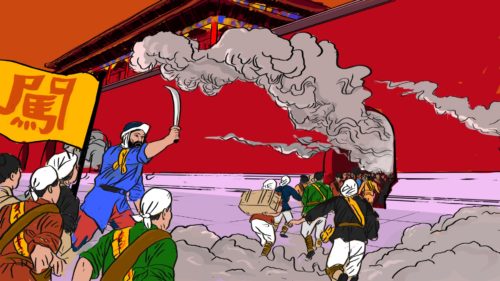Kuora: How many Chinese know about the ‘June Fourth Incident’? More than you think
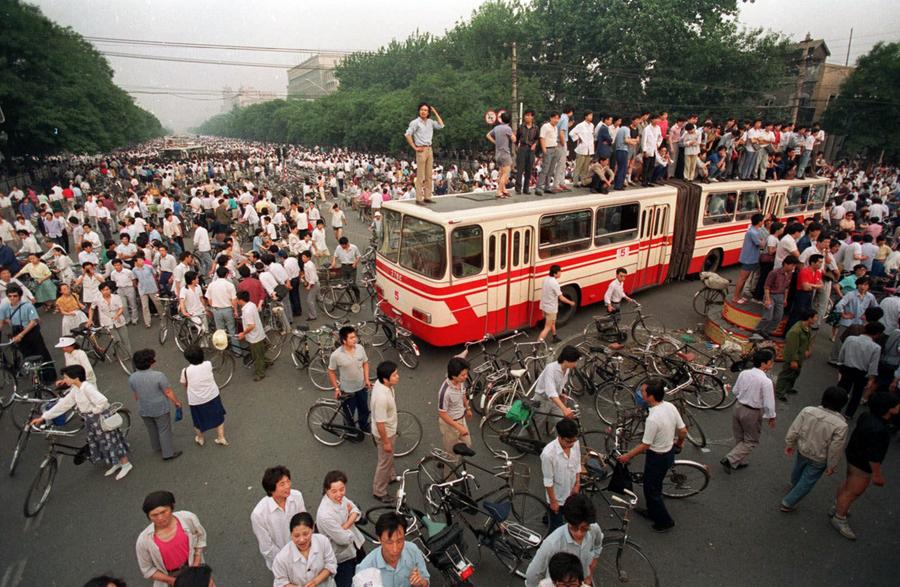
Tomorrow is the 30th anniversary of the People’s Liberation Army opening fire on protesters in central Beijing. This week’s column, which considers one of the misconceptions arising out of that aftermath, comes from one of Kaiser’s answers originally posted to Quora on June 8, 2014.
How many Chinese people really know about the Tiananmen incident and how many of those still support the Communist Party?
I’m skeptical when I read accounts that assert that most, or even many, Chinese people are unaware of what happened in 1989 — especially when those accounts are talking about people in Beijing. At the very least, there are the official accounts, which are by no means censored: These talk about a student-led uprising that was, in the official version, hijacked by “black hands” among intellectuals who were working at the behest of foreign governments for the overthrow of the Chinese Communist Party. Their counterrevolution, in this public version, was put down forcefully by the People’s Liberation Army.
What I can say anecdotally from talking to many young people in Beijing is that I’ve never met any adult (say, over the age of 18) in all my many years here who sincerely claims to know nothing about what happened. They might not recognize the iconic photo of “Tank Man,” but they certainly know what’s being referred to when people speak of June 4, 1989. It’s entirely possible that reporters really are meeting people who genuinely know not a thing about what happened. But I suppose it’s also quite possible to meet Americans, say, who don’t know that the Space Shuttle Challenger exploded, or that Ronald Reagan survived an assassination attempt, or that John Lennon didn’t. I’m sure there’s some people in China, even in Beijing, who are that ignorant.
But I think it’s important to note that it’s quite common for Chinese people to say very different things in response to questions put to them by different individuals. Most people in the world, I daresay, are like this to some extent: They’ll answer a question differently in a private conversation with a dear friend than they would if asked the same question by a newspaper reporter on the record, and they’ll answer differently when talking to their boss at work, or to a group of casual acquaintances. It’s very hard to gauge just what someone’s actual opinion is. And so it is that Chinese people will answer very differently — I’ve seen this up close and personally on many, many occasions — when talking intimately among other Chinese people from what they’d say when the group includes a non-Chinese person, or if the group includes a foreign journalist, or a known Party member, or someone from an older generation.
There are certainly plenty of people in Beijing and around China who care very deeply about what happened 30 years ago. Families of victims, like the group Tiananmen Mothers, as well as people who are understandably frustrated by the campaign to hide the truth, and who really want a reckoning — who want the whole episode talked about openly and honestly.
But there are also many, and I would say probably that these comprise a substantial majority, who simply see nothing good coming of such a reckoning. Some see it as re-opening an old wound that, however unjustly inflicted, is now well in the past. Others see it as something that the West obsesses about and are very suspicious of the motivations of Westerners — rights organizations, media — in wanting to reopen it, often believing that efforts to do so aren’t so much about dedication to truth or to human rights but rather about stirring up turmoil in China and ultimately weakening the country. Some are simply pragmatic about it: They want to get on with their lives and believe they already have enough problems to face: Dirty air and traffic jams, kids to put through school, older relatives needing health care, a mortgage to pay, a job to keep, and a corporate ladder to climb. Still others are simply cowed by the coercive state, believing that speaking about such things will just bring trouble: Detention, harassment, or worse.
I’ve been told by many Chinese people that they’ve deliberately told foreign reporters asking them about the suppression of the student uprising in Beijing that they knew nothing about it, because it was the fastest way out of a conversation that to them had no upside at all.
In conversation after conversation with my friends in Beijing, many of them — even those quite westernized and inclined to champion many western political values — wonder why Westerners seem so hung up on something that they themselves have already put behind them. They note that not only has 30 years passed, but these 30 years have been among the most transformative quarter centuries of human history, impacting a greater swath of humanity and bringing greater economic benefits to said swath in a shorter time than anywhere else in history.
Many Chinese, consciously or unconsciously, accepted what amounted to a grand compromise after 1989: You stay out of politics, and we’ll give you tremendous economic opportunity and allow considerable personal freedoms. So to answer the question as originally phrased, I’d say the overwhelming majority at least of urban, educated adults know about Tiananmen and 1989; and the overwhelming majority have taken the compromise and passively, if not actively, support the Chinese Communist Party, granting it a kind of “performance legitimacy.”
Also see:
The unlikely confluence of events that led to the 1989 Tiananmen Square protests
Kuora is a weekly column.

